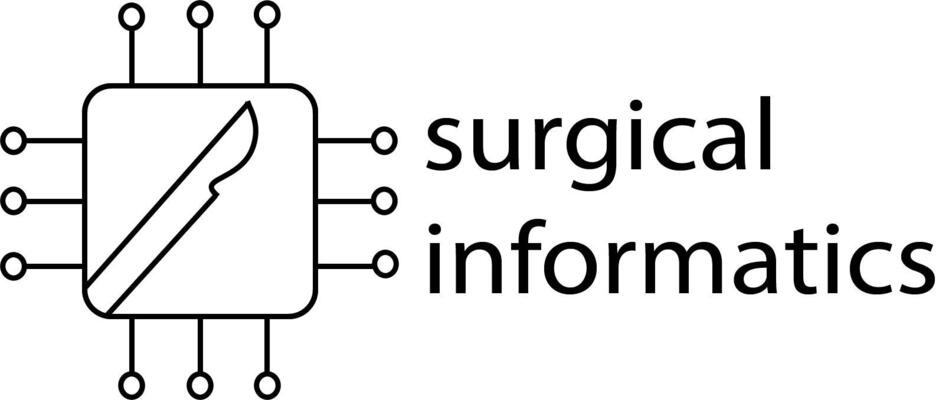Klann, Jeffrey, Hossein Estiri, Griffin Weber, Bertrand Moal, Paul Avillach, Chuan Hong, Amelia Tan, et al. 2021. “Validation of an Internationally Derived Patient Severity Phenotype to Support COVID-19 Analytics from Electronic Health Record Data”. Journal of the American Medical Informatics Association 28 (7): 1411-20.
Abstract
The Consortium for Clinical Characterization of COVID-19 by EHR (4CE) is an international collaboration addressing coronavirus disease 2019 (COVID-19) with federated analyses of electronic health record (EHR) data. We sought to develop and validate a computable phenotype for COVID-19 severity.Twelve 4CE sites participated. First, we developed an EHR-based severity phenotype consisting of 6 code classes, and we validated it on patient hospitalization data from the 12 4CE clinical sites against the outcomes of intensive care unit (ICU) admission and/or death. We also piloted an alternative machine learning approach and compared selected predictors of severity with the 4CE phenotype at 1 site.The full 4CE severity phenotype had pooled sensitivity of 0.73 and specificity 0.83 for the combined outcome of ICU admission and/or death. The sensitivity of individual code categories for acuity had high variability—up to 0.65 across sites. At one pilot site, the expert-derived phenotype had mean area under the curve of 0.903 (95\% confidence interval, 0.886-0.921), compared with an area under the curve of 0.956 (95\% confidence interval, 0.952-0.959) for the machine learning approach. Billing codes were poor proxies of ICU admission, with as low as 49\% precision and recall compared with chart review.We developed a severity phenotype using 6 code classes that proved resilient to coding variability across international institutions. In contrast, machine learning approaches may overfit hospital-specific orders. Manual chart review revealed discrepancies even in the gold-standard outcomes, possibly owing to heterogeneous pandemic conditions.We developed an EHR-based severity phenotype for COVID-19 in hospitalized patients and validated it at 12 international sites.
Last updated on 03/06/2023
